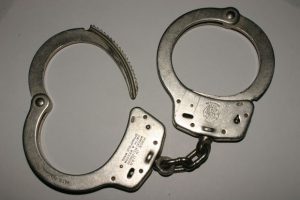New Cannabis Laws May Help Black War on Drugs’ Targets a Leg Up on Legal Pot
California is one of the first states to attempt to make right decades of racist drug policies that tore apart families and and destroyed lives. When the voters approved a ballot measure for recreational marijuana, they also allowed those with previous marijuana convictions to apply to have those records expunged. Very few people actually acted on it. So lawmakers last year passed a different measure that ordered prosecutors to review each prior conviction automatically and decide whether to reduce or dismiss the sentences and records of low-level marijuana offenses. Los Angeles marijuana defense attorneys understand this is the very first law of its kind in the U.S.
It is no secret that for the entirety of the war on drugs’ decades-long span, minority communities suffered the devastating impact to a hugely disproportionate degree. Los Angeles marijuana attorneys have watched how these communities are still punished with a cyclical merry-go-round of arrest, limited employment options and poverty. Increasingly, as marijuana legalization gains traction across the country, many advocates are taking it a step further, asking for a remedy for the racist application of law and policy. In cases where those calls have been heeded, criminal records for marijuana dealing and possession are being automatically expunged. There is also help for members of minority groups looking to launch their own California cannabis businesses.
Still, even current enforcement policies aren’t totally equal. In Oakland, where voters passed a ballot initiative to order police to make marijuana enforcement the lowest priority – even lower than jaywalking – evidence showed a decade later police were still arresting black men for criminal marijuana offenses at rates exponentially higher than their white counterparts. The city’s own statistics revealed nearly 80 percent of marijuana arrests in Oakland were African Americans. Four percent were white people, even though the population of the city is 30 percent white. Although legalization of marijuana has slashed the overall number of marijuana arrests, people of color are still police targets. Continue reading
 Cannabis Law Group's Medical Marijuana Legal Blog
Cannabis Law Group's Medical Marijuana Legal Blog










